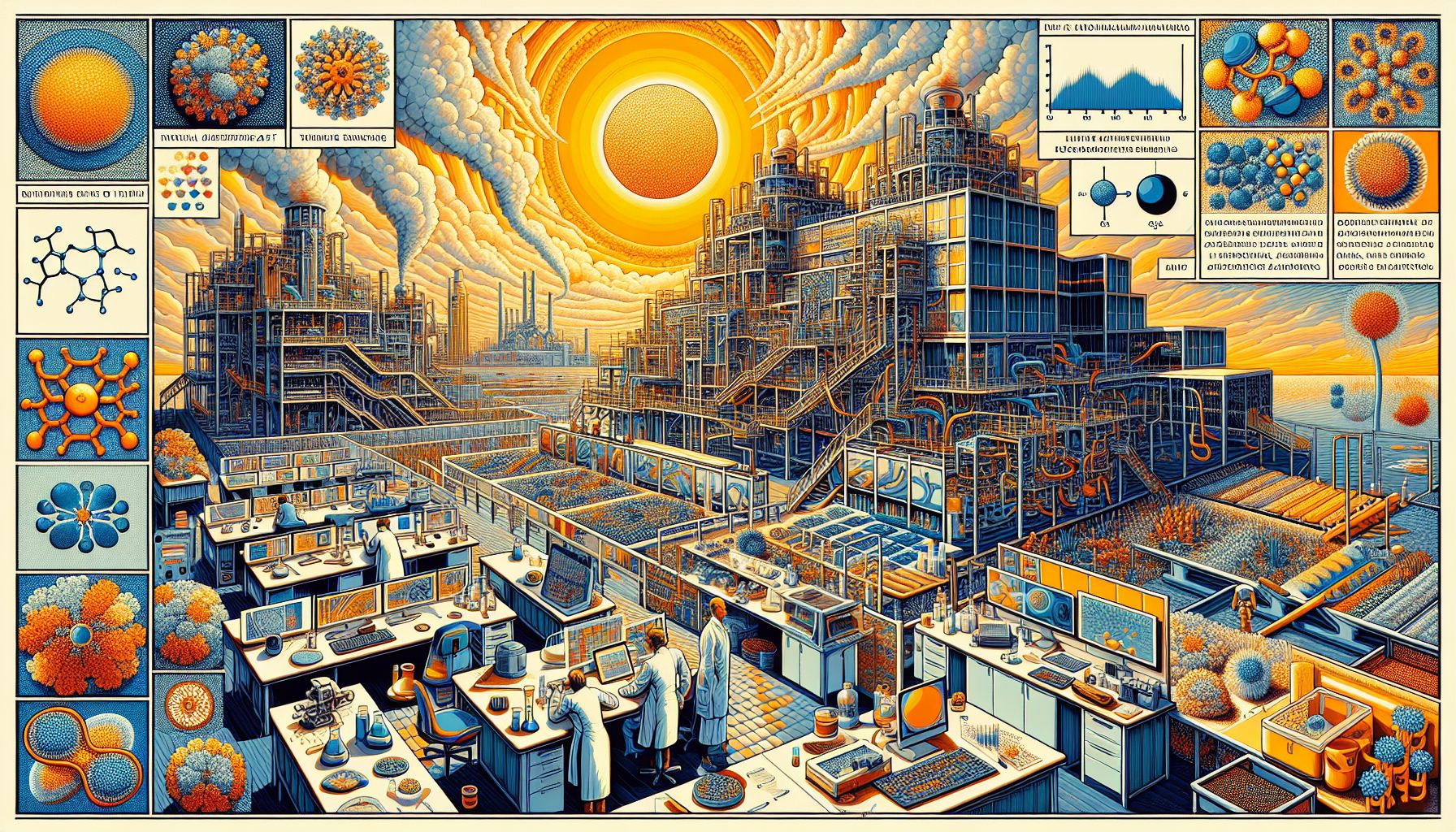Dutch Scientists Aim to Create Synthetic Life from Biomolecules

Researchers from TU Delft’s EVOLF team are attempting to construct a synthetic living cell using non-living biomolecules. This project, funded with 40 million euros, leverages AI and lab evolution techniques.
Introduction to the EVOLF Program
The EVOLF program, short for ‘Evolving life from non-life’, is an ambitious research initiative led by scientists from the Delft University of Technology (TU Delft) in the Netherlands. With a substantial funding of 40 million euros from the Dutch Research Council (NWO), the project’s primary goal is to create a synthetic living cell from non-living biomolecules. This endeavor is not just a scientific curiosity but a groundbreaking effort that could redefine the boundaries of biology and synthetic life.
Innovative Techniques and AI Integration
Central to the EVOLF project’s approach is the use of artificial intelligence (AI) and laboratory evolution techniques. AI is employed to scan and optimize the parameters of biochemical reaction networks that are crucial for the integration, replication, communication, and evolution of synthetic cells. By leveraging AI, researchers can efficiently simulate and refine the complex processes required to bridge the gap between non-life and life.
Collaboration and Infrastructure
The EVOLF project is a collaborative effort involving natural and social scientists from various Dutch institutions. The consortium aims to appoint 100 researchers and technicians and establish the necessary infrastructure to support this pioneering work. This interdisciplinary collaboration ensures that the project not only addresses the technical challenges but also considers the ethical implications and societal impact of creating synthetic life.
Significance and Potential Impact
Creating a synthetic living cell is considered one of the greatest scientific challenges of this century. The potential impact of this research is often compared to historical breakthroughs such as the discovery of the DNA double helix and the decoding of the human genome. Successfully building a synthetic cell could revolutionize fields such as medicine, food production, and environmental sustainability by providing new tools and methods for engineering biological systems.
Current Progress and Future Prospects
The researchers at TU Delft have made significant strides in the preliminary stages of the project. By using AI to model and predict the behavior of synthetic cells, they are laying the groundwork for more complex experiments and developments. The project also benefits from the Summit Grant, which provides ten-year funding and aims to strengthen the international position of Dutch science in groundbreaking research.
Conclusion
The EVOLF team’s work represents a bold step towards understanding and creating life from non-living components. With robust funding, advanced AI techniques, and an interdisciplinary approach, the project is well-positioned to make significant contributions to the fields of synthetic biology and beyond. As the research progresses, it holds the promise of unlocking new possibilities for human health, agriculture, and environmental protection.

